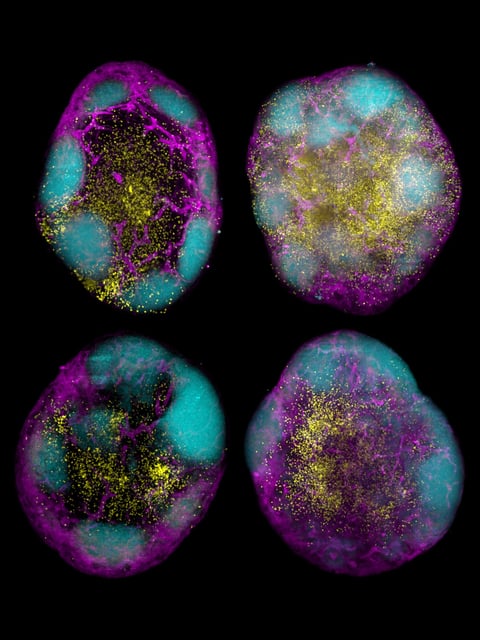Overview
- The study, published in the Journal of Experimental Medicine, reveals a groundbreaking approach to enhance vaccine-induced immunity by transiently inhibiting type I interferon signaling.
- This method significantly expands stem cell-like memory CD8+ T cells, which can self-renew and provide long-term immune protection against infections and cancer.
- Researchers utilized mRNA vaccine technology to deliver antigens alongside immunomodulatory signals, achieving durable cellular immunity in murine models.
- The findings suggest the potential to reduce reliance on frequent booster shots, addressing a key limitation of traditional antibody-focused vaccines.
- Plans are underway to adapt this platform for human clinical trials and explore its application in cancer immunotherapy, where enhanced T cell responses could improve patient outcomes.
